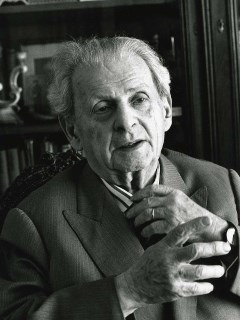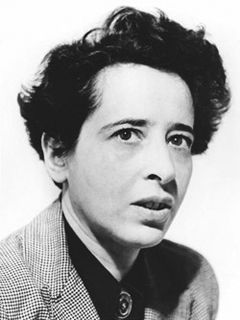
Publication details
Publisher: Palgrave Macmillan
Place: Basingstoke
Year: 2017
Pages: 159-189
ISBN (Hardback): 9783319649269
Full citation:
, "Love strong as death", in: Heidegger's Black notebooks and the future of theology, Basingstoke, Palgrave Macmillan, 2017


Love strong as death
Jews against Heidegger (on the issue of finitude)
pp. 159-189
in: Mårten Björk, Jayne Svenungsson (eds), Heidegger's Black notebooks and the future of theology, Basingstoke, Palgrave Macmillan, 2017Abstract
According to Levinas, in Heidegger's death-dominated thought there is no place for being-with-the-other. But Levinas is not the first and not the only Jewish philosopher who uttered his objection to Heidegger's overestimation of death by drawing "out of the sources of Judaism": Franz Rosenzweig, Hannah Arendt, and Harold Bloom are also opposed to the Heideggerian mode of doing philosophy solely under the auspices of death. There is one feature they share: the importance of the intellectual heritage of the Song of Songs. In their approaches, "love as strong as death" lends itself to the philosophical speculation which offers a different conception of the finite existence, destined to die but no means exhausted by its lethal destiny and marked by passionate relations with others.
Cited authors
Publication details
Publisher: Palgrave Macmillan
Place: Basingstoke
Year: 2017
Pages: 159-189
ISBN (Hardback): 9783319649269
Full citation:
, "Love strong as death", in: Heidegger's Black notebooks and the future of theology, Basingstoke, Palgrave Macmillan, 2017




